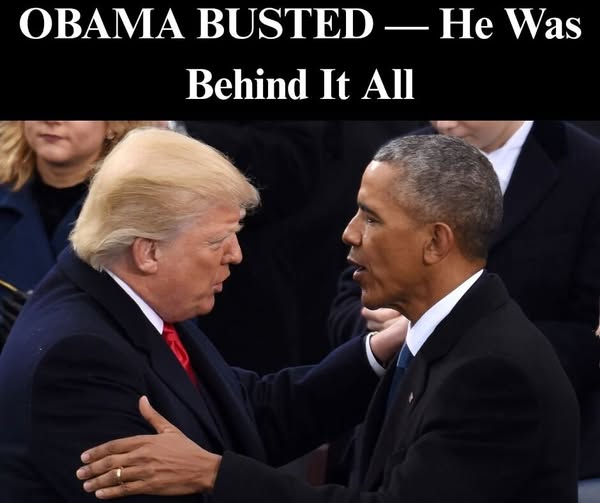He argued that the Obama-Biden leadership’s response to that annexation was weak, creating an environment in which Russia felt emboldened to escalate further conflicts. According to Trump, failing to confront the Crimea situation decisively back then set the stage for the war now consuming Ukraine.
He also criticized Zelenskyy’s refusal to consider negotiations involving Crimea, calling it “a roadblock to peace” that risks prolonging the conflict unnecessarily. Trump argued that while Ukraine has every right to defend its sovereignty, diplomacy often requires concessions that may be painful but necessary to achieve long-term stability. He implied that the refusal to even discuss Crimea during talks sends a message to Russia that a peaceful resolution may be impossible under current terms.
Trump’s statements carried a mix of warning and strategy. He hinted at the possibility of imposing further sanctions on Russia, suggesting that economic pressure could still be a powerful tool if used decisively and in coordination with allies. However, he stressed that sanctions alone were not enough; the ultimate goal must be a binding, enforceable peace agreement.
His comments were not just directed at foreign leaders but also at the American political establishment, which he accused of lacking the foresight and toughness needed to navigate complex international crises. Trump portrayed himself as a figure who, had he been in office, would have handled both Crimea and the current war far differently—claiming he would have brokered a deal that kept the conflict from ever reaching its current scale.
By framing the situation as the result of a chain of diplomatic and strategic missteps, Trump positioned himself as both a critic of the past and a potential problem-solver for the future. While his detractors see such remarks as oversimplifying a deeply complex geopolitical issue, his supporters argue that his tough, deal-making approach is exactly what’s needed to break the stalemate.
In the end, Trump’s address blended condemnation, political blame, and a call to action. He cast the ongoing war as not only a humanitarian tragedy but also a preventable one—if, he claimed, stronger and more strategic leadership had been in place when the first domino fell in Crimea. Whether his proposed path to peace is realistic or not, his words reignited debate over how the United States should engage with one of the most volatile conflicts of the century.
